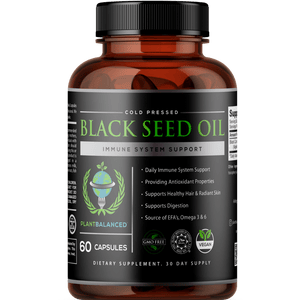It’s that time of year again. You have a bumper crop of certain fruits and vegetables in your garden, someone has shared their bumper crop or you’ve made a trip to the local farmer’s market or fruit stand. The question becomes what do you do with all of it? Here are some ideas for storing the harvest. Consider these ways you can preserve your fruits and veggies for use later in the year.
Dehydrating
This is probably one of the first methods to store food for future use. Consider Indians who used fruits, nuts and meat to create pemmican, a dried bar that provided much needed nutrients in the winter when hunting was scarce. You’ve probably also seen beef jerky. You can dehydrate fruits and vegetables from your garden that can be added to soup in the colder months.
Dehydrating can be done outdoors in the sun, in a solar oven, your conventional oven or a dehydrator. Each method has its own benefits so you will want to consider which one is best for you and your situation.
Canning
Canning is almost as old as dehydrating. Nearly everything can be canned if done properly. Canning of most vegetables will require the use of a pressure cooker. If you haven’t ever canned vegetables, you may want to get help from someone who has the experience to make sure you have canning success.
Canning fruit is much easier. They do require a water bath but it doesn’t have to be done in a pressure cooker. Technically, tomatoes are a fruit, so water bath canning is the best method if you want to can whole tomatoes for soups or chili, crushed tomatoes, spaghetti sauce or salsa. You might be surprised how much money you can save by using home canned sauces.
Pickling
If you have more cucumbers than you’ll be able to eat, consider making homemade pickles. There is nothing quite like them. You will also need onions, sea salt and vinegar. Most people think of cucumbers when they hear “pickle” but the fact is you can pickle many different types of fruits and vegetables in a similar manner. Peppers, apples, pears and relishes are also prepared in much the same way.
Freezing
There is a lot to be said about filling your freezer with produce from your garden. It is great to be able to open the doors to the freezer and seeing corn on the cob, carrots, broccoli and other foods. It isn’t advisable to try to freeze fresh lettuce or potatoes; you probably wouldn’t want to eat them. Freezing is one of the easiest ways to store the harvest but remember that you may lose the food in your freezer if the power goes out.
Root cellar
It used to be common for families to have a root cellar to store their fruits and vegetables. This isn’t quite as usual these days, but the concept still has merit. Check with your local extension agency or land surveyor to see if it would be possible to create a root cellar on your property.




![Organic Seamoss Plus Capsules [25% More Free]](https://egxyv2vsaut.exactdn.com/wp-content/uploads/2021/06/Seamoss-Plus-single.png?strip=all&lossy=1&resize=300%2C300&ssl=1)
